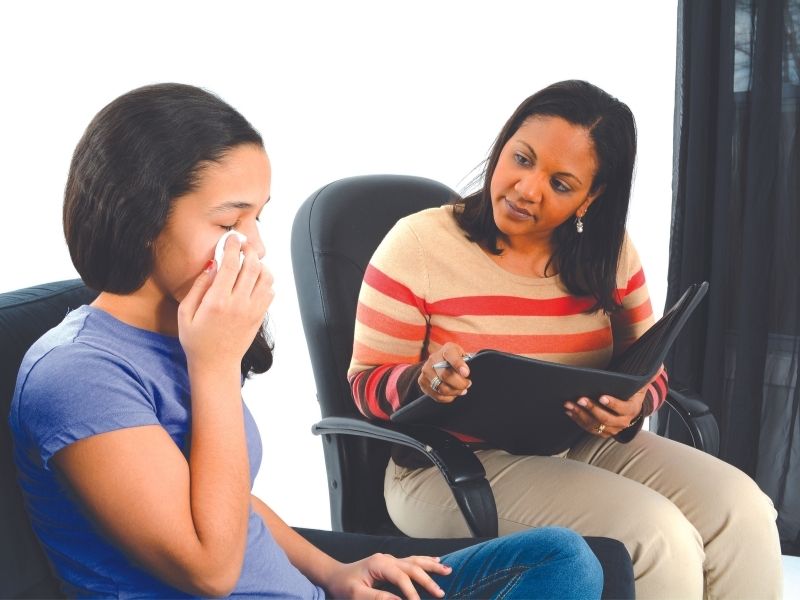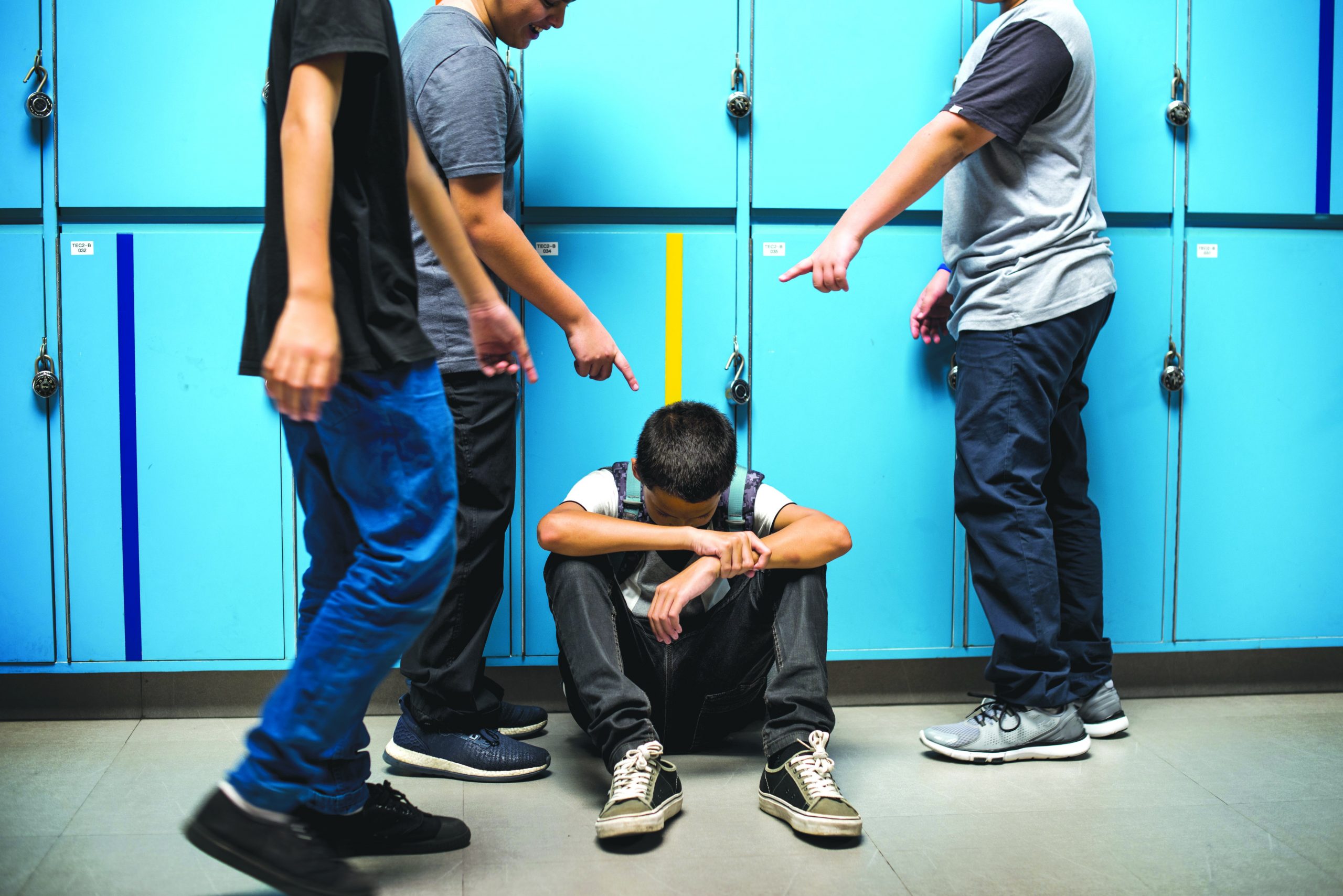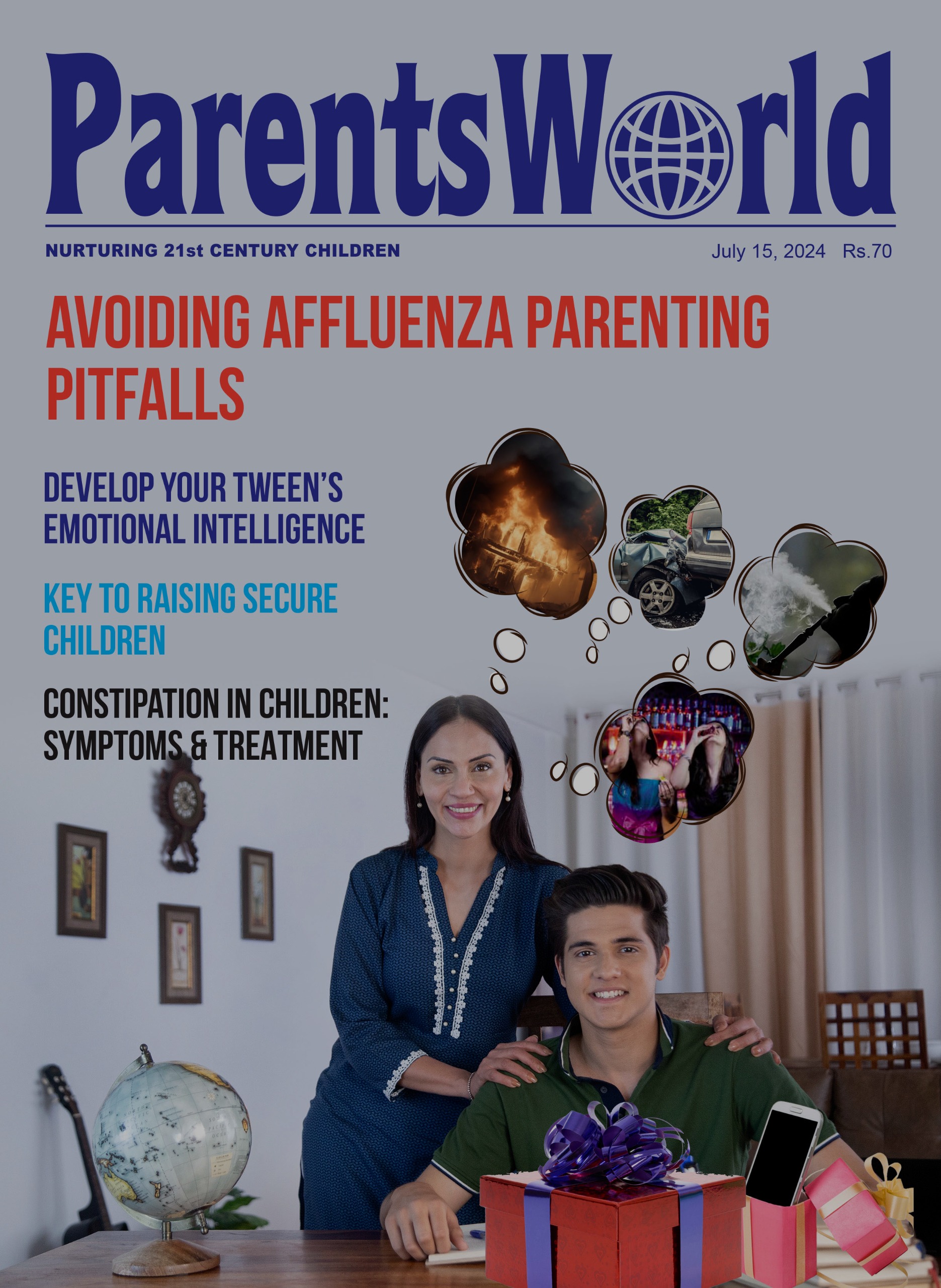Parents need to know what to do in situations where their child is bullying others or being bullied, says Sheryl Hemphill in this special essay

Parents are one of the most influential factors when talking about bullying — in that they are the most likely to be able to prevent it. The way parents model appropriate interactions and communication to their children (for example, resolve disagreements, be assertive when appropriate) will determine how their children interact with others — at school, online, or in workplaces.
In particular, children learn about interaction through their observations of family life (for example how their parents respect each other and other family members). Parents should aim for an authoritative parenting style: one that includes showing love and care towards a child, gives children age-appropriate independence, and also sets clear rules and warns of consequences of inappropriate behaviour.
Parents can help children to develop empathy and learn to take the perspective of another by talking with their children about how others might feel when they behave in certain ways and how they feel given certain behaviours by others.
Providing children with opportunities to play with other children, and learn how to do so in social ways under the supervision of parents, gives children the chance to practice interacting in socially acceptable ways from an early age.
But how can parents know what goes on at school?
Despite our best efforts to prevent bullying, it may still occur and parents need to know what to do in situations where their child is bullying others or being bullied. Parents should look for signs that their children may be bullying someone. This comes down to knowing your child well and detecting changes in behaviour. Watch out for changes in demeanour, and more obvious signs such as acquisition of money or expensive possessions.
Alternatively, another parent, child, or school staff member may alert a parent that their child is bullying others. In situations where a child is bullying others, parents need to focus on the behaviour (and avoid labelling the child) as behaviour can be changed.
Important steps are for parents to find out from their child’s perspective what has been happening and why s/he may be bullying others. Parents also need to clearly explain that such behaviour is not acceptable and discuss appropriate ways of behaving with their children. In general, punishment is not effective because it does not teach a child alternative ways of behaving.
It is a good idea for parents to seek advice and help from others who may be able to assist the child to learn new ways of interacting as early as possible. Parents may like to talk with a trusted friend or family member, their GP, the school principal or welfare co-ordinator, or search for information from reliable sources on the internet such as the Raising Children Network and National Centre Against Bullying.
For parents who are concerned that their children are being bullied by others, communication with their own children is crucial. Ensuring that there are open lines of communication makes it more likely a child will confide in a parent about being bullied. Parents should listen to their child’s experiences and then discuss possible solutions with him/her.
It is important that parents convey to their children that they are taking what the children say seriously, that bullying is not okay, and that there are solutions available. Consistent with the approaches mentioned for preventing bullying, parents need to ensure that solutions explored are socially acceptable and do not escalate the situation (for example, fighting back).
Cyberbullying

Boy student getting bullied in school
Bullying using technology (or cyberbullying) presents new challenges for parents. Given rapidly changing technologies, it can be difficult for parents to keep up with how to use the technology their children are using. However, monitoring a child’s behaviour is an important way of ensuring that her behaviour does not get out of hand.
Monitoring that is focused on keeping children safe and ensuring acceptable behaviour is good parenting. Parents need to take an interest in the technology and websites their children are using. As for the offline environment, parents need to set ground rules for online behaviour. And just as parents teach children how to stay safe in the offline world (“don’t talk to strangers”, “look both ways when you cross the road”), children also need to learn how to remain safe in the online world in situations when parents are not present.
A really important message for all parents is that as children grow up and enter adolescence and early adulthood, they still need and value their parents — although it may not always seem to be the case! It is therefore important that children, regardless of their age, can access their parents when situations such as being bullied or bullying others arise and know that they can rely on their parents to help them to resolve the situation.
Finally, parents should not be expected to handle bullying on their own — they may need to work with their children’s friends and their parents, the school, a social networking site, or seek assistance from appropriate support and health services.
Sheryl Hemphill is professor of psychology, Australian Catholic University.
(This article is republished from The Conversation under a Creative Commons license.)
Also Read:How to keep your child safe both online and offline?






















